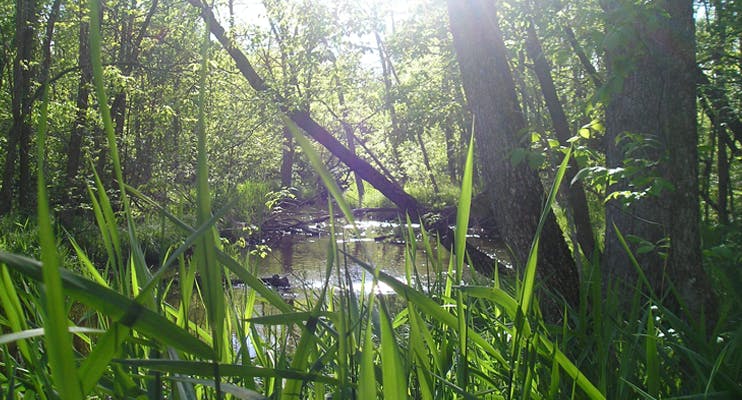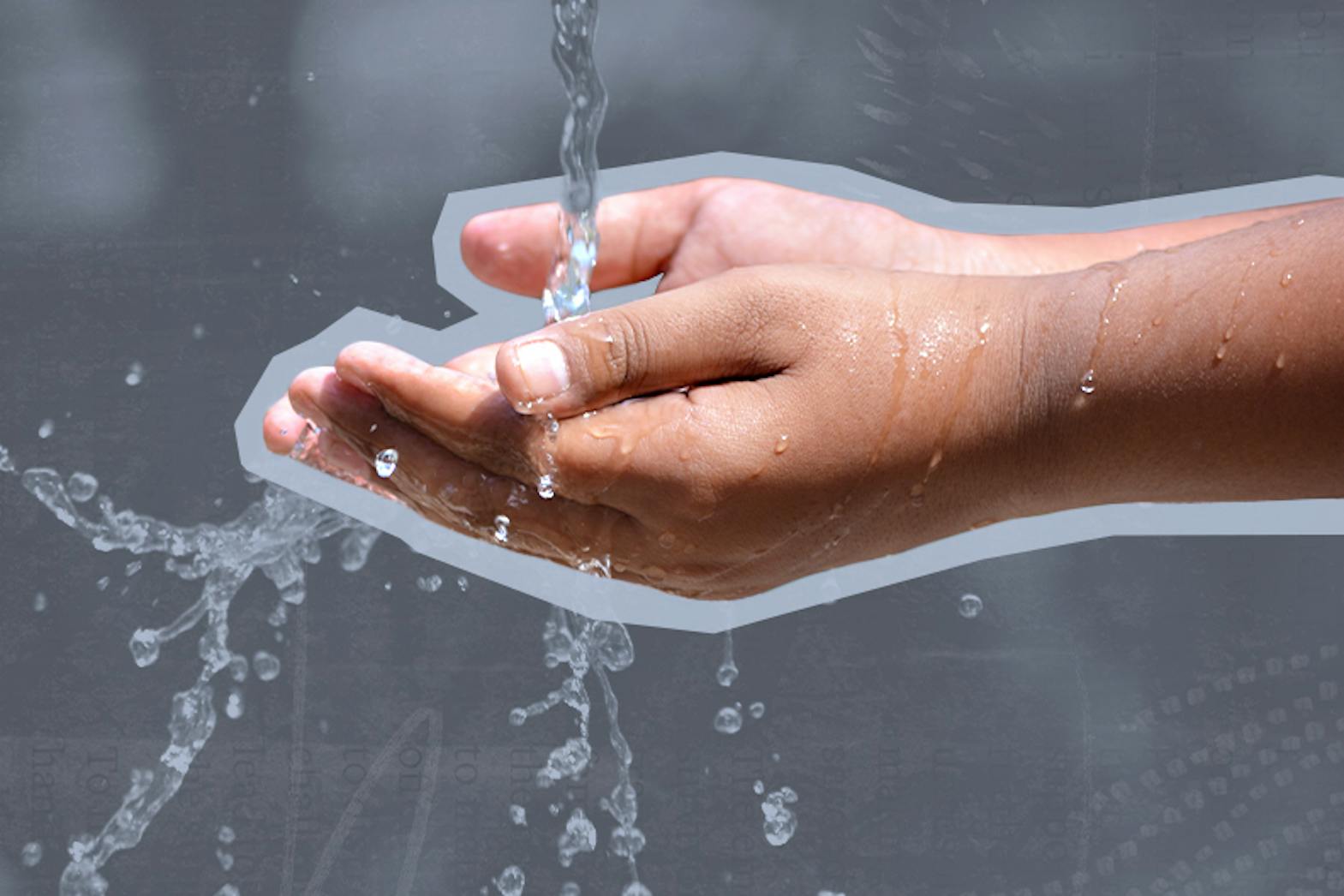In celebration of World Water Day, I’m grateful to share some thoughts on what water protection means to me.
I began to understand the importance of water protection during my first job as a teenager when working with Save Our Seine’s Green Team. Our job was to canoe down the river, clear the path by removing debris, and pick out garbage from the water.
It was such a cool experience! I remember the joy of paddling down the meandering Seine River and feeling so connected to the waters and forests around me. I remember being ravenous from the physical work of paddling, and the sense of satisfaction sitting together in the grass to break for lunch. Peanut butter sandwiches have never tasted better!
A lesson from that experience that I will never forget is the concept of “out of sight, out of mind”. I saw all sorts of things that had been dumped into the river – bicycles, tires, cages, mattresses. You name it! This experience showed me the importance of bringing visibility to what is not seen, and, specifically to protecting water.
One of the ways that we connect to water every day is through drinking water. Access to clean drinking water is critical to our wellbeing, and all humans have a right to this basic need. Still, so many communities and people are denied this basic human right.
When I first learnt about Narratives Inc., I was excited to learn about their work with Shoal Lake 40 First Nation. Like so many Winnipeggers, I was part of the campaign for Freedom Road in solidarity with Shoal Lake 40 First Nation. In Winnipeg, our water comes from Shoal Lake, and yet, for many years, members of Shoal Lake 40 did not have access to their own water! It was meaningful to be part of the campaign against this injustice.

After many years of campaigning led by the Nation, Freedom Road has been built, as well as a water treatment plant! I found it exciting to learn that Narratives Inc. worked with the Nation to conduct the environmental assessment and public and community engagement for building Freedom Road. I find it meaningful to work with an organization supporting Indigenous communities in advancing human rights and environmental protection.
Protecting water today is as important as ever as we face a climate crisis. As United Nations Water explains, climate change is predominantly a water crisis. Impacts include worsening floods, rising sea levels, shrinking icebergs, wildfires, and droughts.
At the same time, water can fight climate change! Sustainable water management is critical to building resilient societies and ecosystems, as well as reducing carbon emissions.
I feel hopeful when I think about all the ways communities are protecting water. These tools include: environmental impact assessments, legal and policy tools like the Navigable Waters Act, conservation, Guardians programs, Indigenous Protected and Conserved Areas like the recent victory around the Seal River Watershed.
Protecting water matters when it comes to our wellbeing and the right to water, as well as taking action on climate change. It matters for joy and leisure, like canoeing and swimming. When we understand our connection to water and the joy and life that it brings us, we become even more motivated to protect it.




